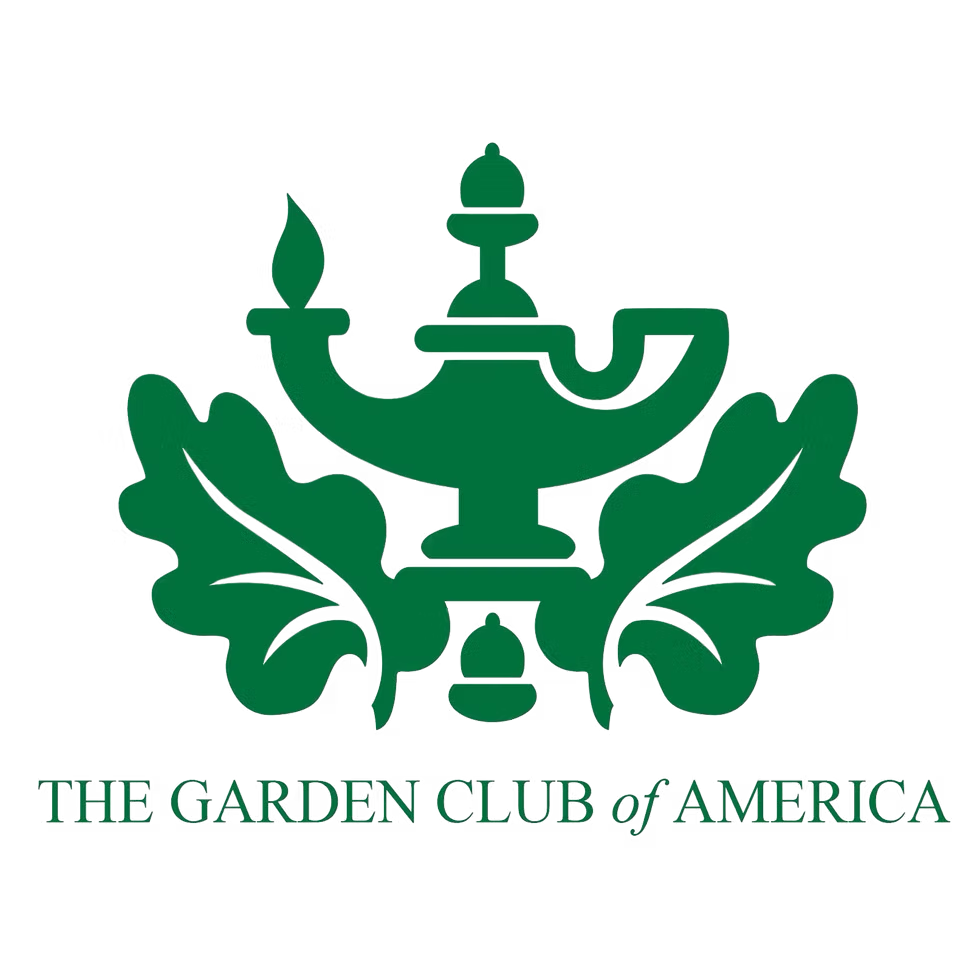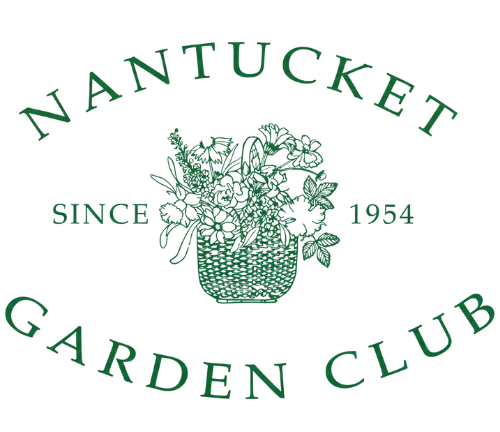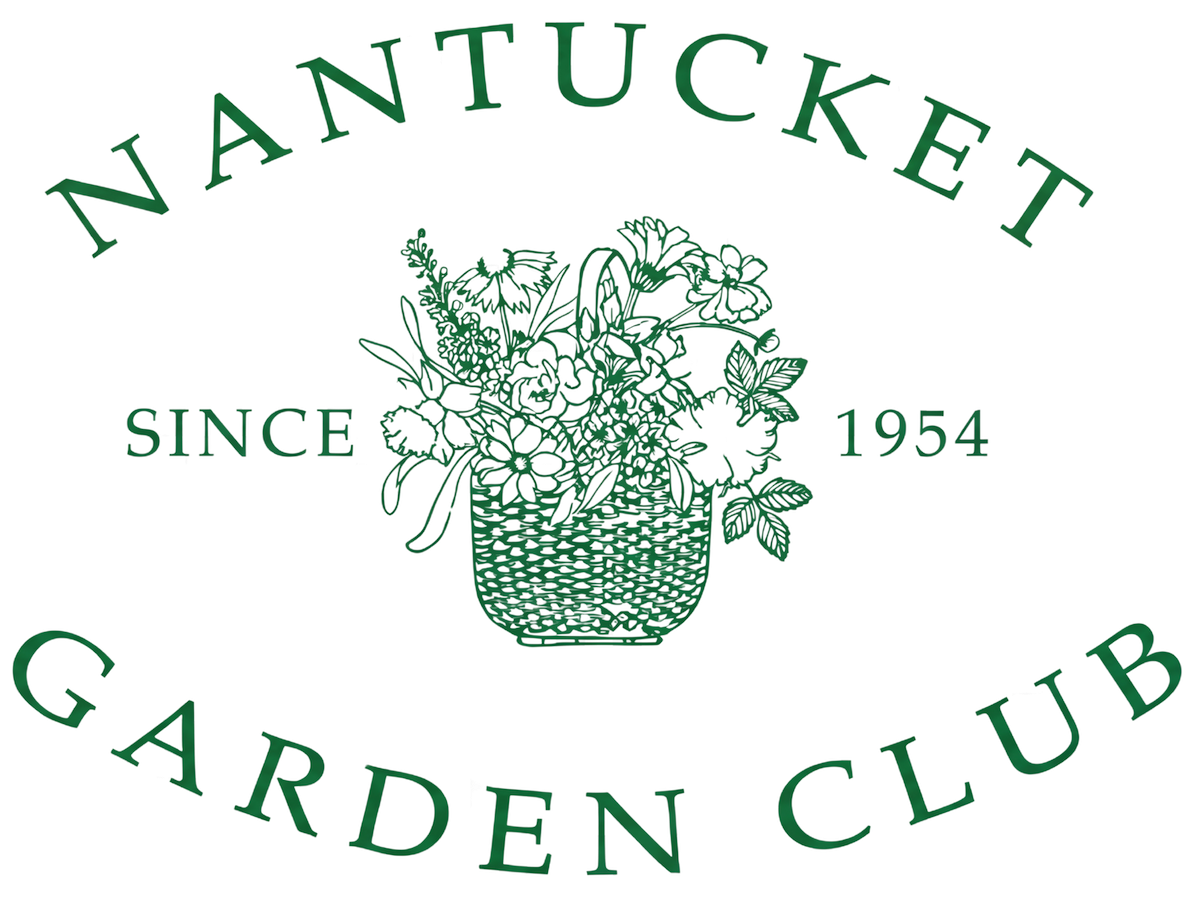Founded in 1954 by 34 dedicated year-round and summer residents committed to promoting gardening knowledge and preserving the natural beauty of Nantucket, the Nantucket Garden Club has grown to include over 140 members today. From its earliest days, the Club has championed conservation, civic beautification, horticultural education, and floral design and became a member of the Garden Club of America in 1966. Members contribute time, expertise, and resources to programs that benefit the entire island—from planting public gardens and preserving native species to hosting educational events and supporting young horticulturists through scholarships. The Club’s vision remains rooted in stewardship, creativity, and community, inspiring generations to care for and celebrate Nantucket’s fragile and extraordinary landscape.
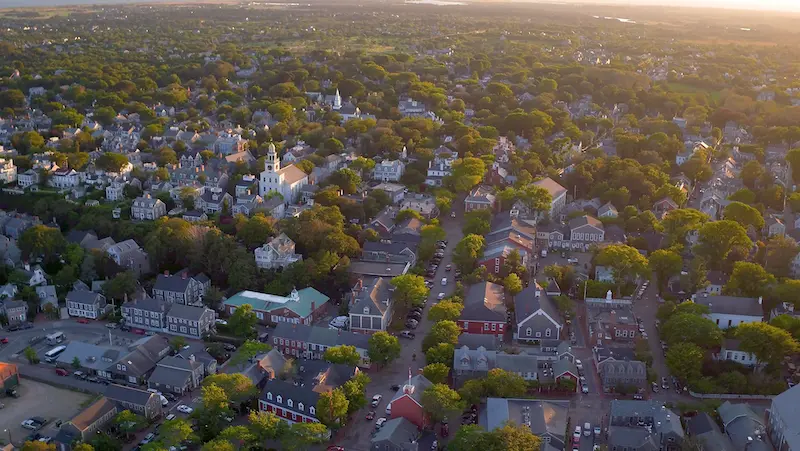
Our Mission
The Nantucket Garden Club promotes better knowledge and love of gardening, plants, flowers, and horticulture, contributes to the beauty of Nantucket, and supports conservation initiatives that protect the island’s fragile and historic environment.
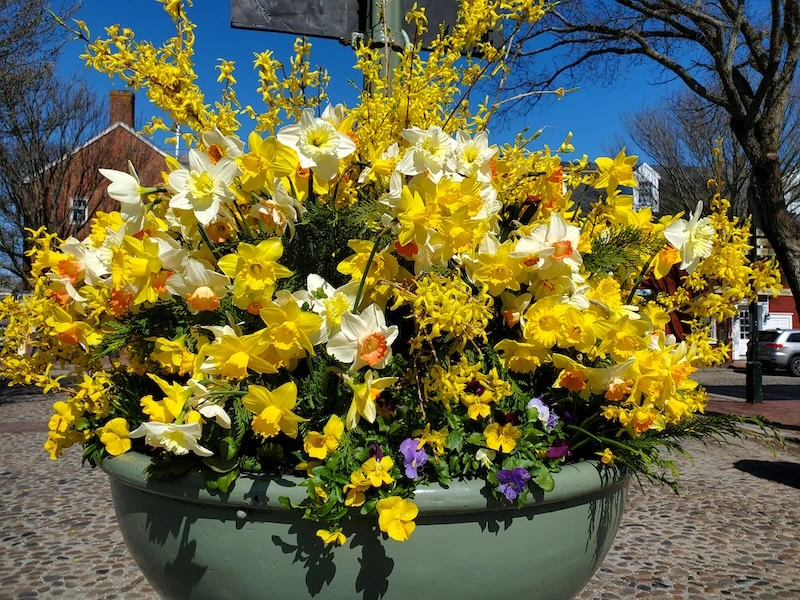
Main Street Fountain
Since 1973, the Nantucket Garden Club has proudly maintained the iconic Main Street Fountain, transforming it each season with vibrant floral displays that delight residents and visitors alike. What was once a utilitarian structure (originally a water source for horses and dogs in the 19th century), has become a beloved landmark in the heart of downtown Nantucket. The Main Street Fountain serves as a lasting example of the Club’s dedication to preserving Nantucket’s unique character and welcoming atmosphere.
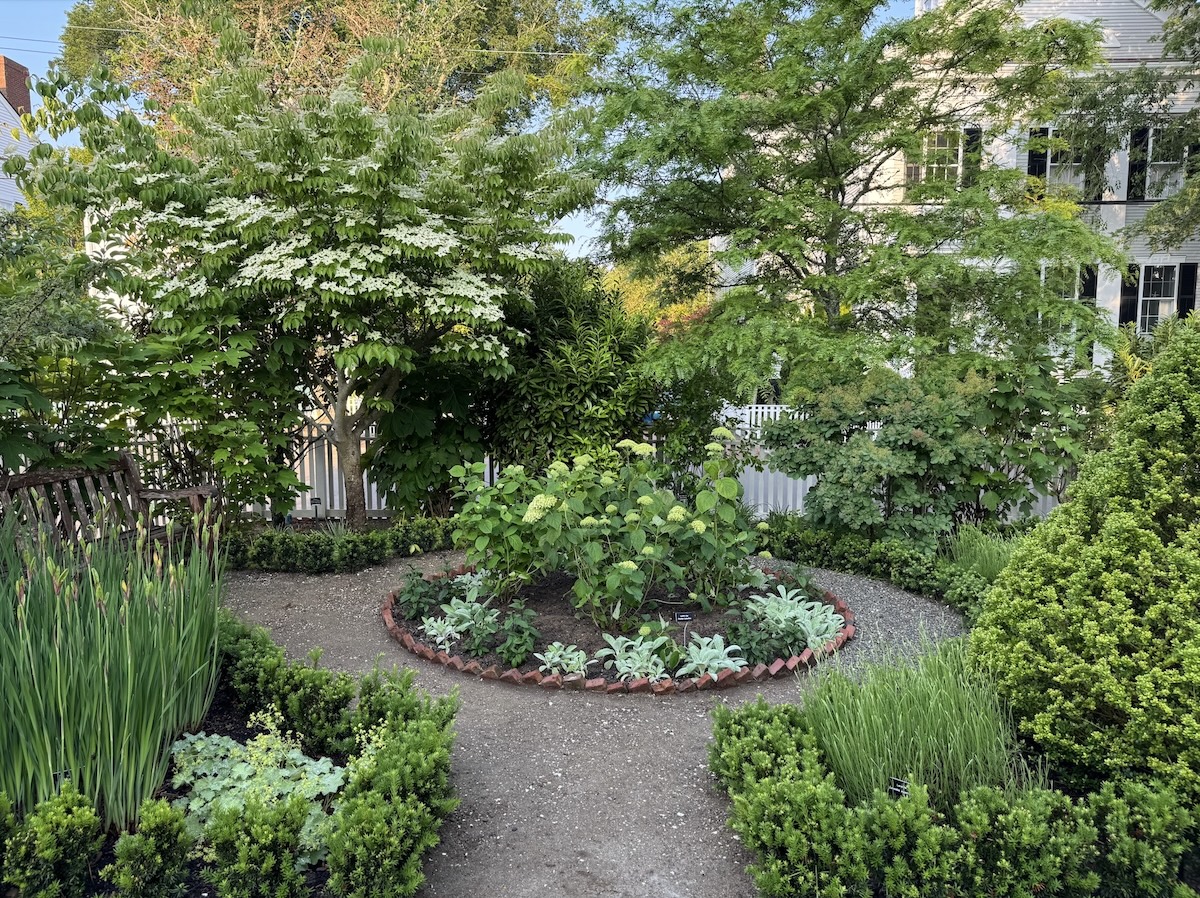
Hadwen House Garden
Located at 96 Main Street, Hadwen House is a distinguished Greek Revival mansion built in 1846 for William Hadwen, a prosperous whaling merchant and silver retailer. Today, it is part of the Nantucket Historical Association and features exhibitions exploring Nantucket’s decorative arts. In the mid-1970s, the Nantucket Garden Club funded the construction of this period-appropriate garden and has since continued to oversee its upkeep, ensuring it remains a serene and authentic reflection of the era. The garden is open to the public and offers a peaceful retreat in the heart of downtown Nantucket.
Salt Marsh Garden
.The Nantucket Garden Club’s Conservation Committee created a Coastal‑Resilient Native Plant Garden in spring 2022 in front of Saltmarsh Senior Center—on sandy, storm‑prone land by the harbor. The first year They cleared invasive growth, added organic compost, and planted beach plum, inkberry, clethra, sweet fern, and a variety of native grasses (e.g., little bluestem, purple lovegrass, American beach grass) In 2023, perennials like bee balm, Joe Pye weed, asters, milkweeds, and cup plants were added to support pollinators. This design uses plants adapted to sandy soil, wind, salt exposure, and occasional flooding—no watering, fertilizers, or pesticides needed once established. The garden educates passersby on how native, salt‑tolerant species filter stormwater, prevent erosion, and uplift coastal resilience. In 2023, it was honored with a Garden Club of America Conservation Commendation. It was also awarded the Caroline Ellis Landscape Award from the Nantucket Preservation Trust in 2024.
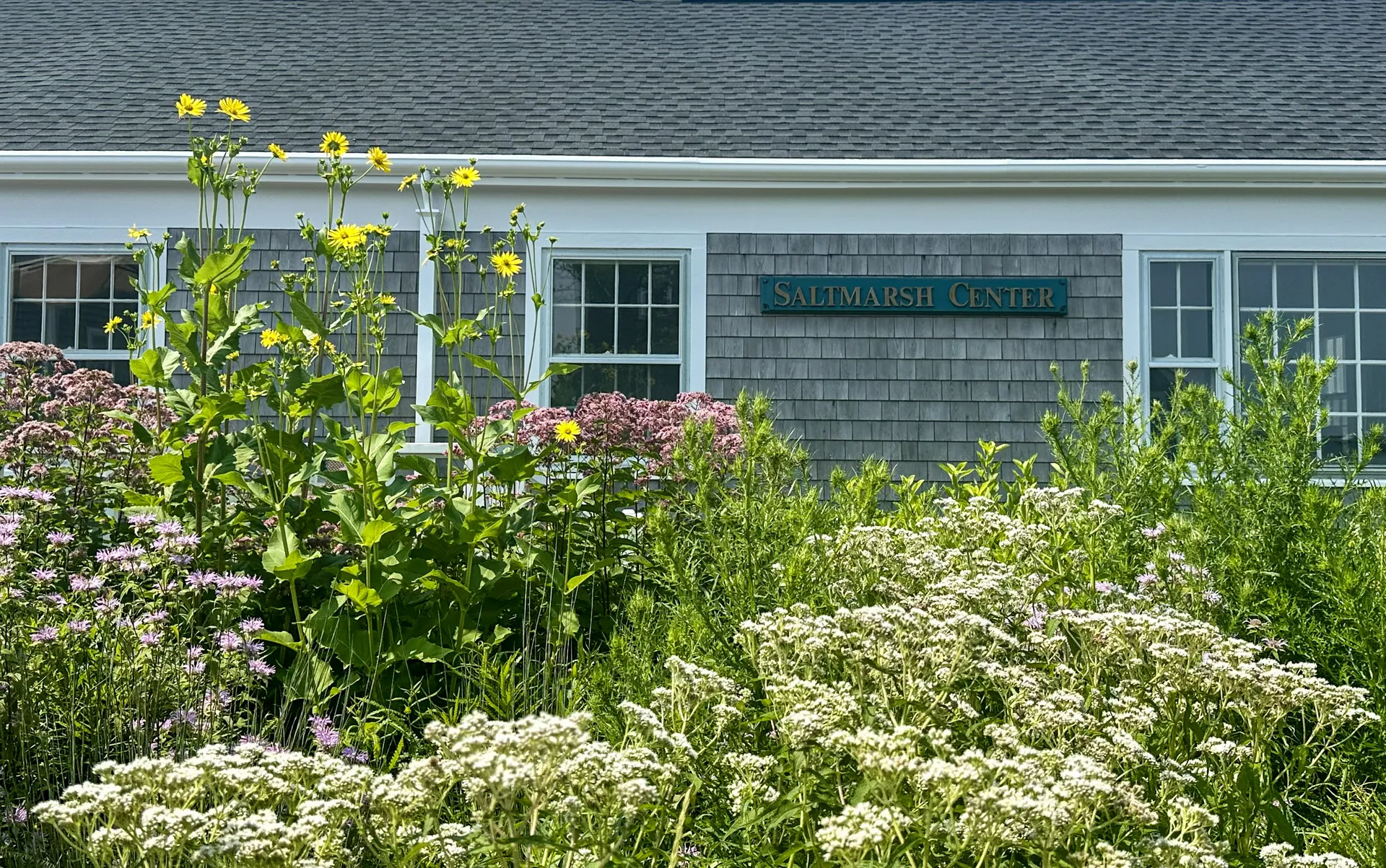
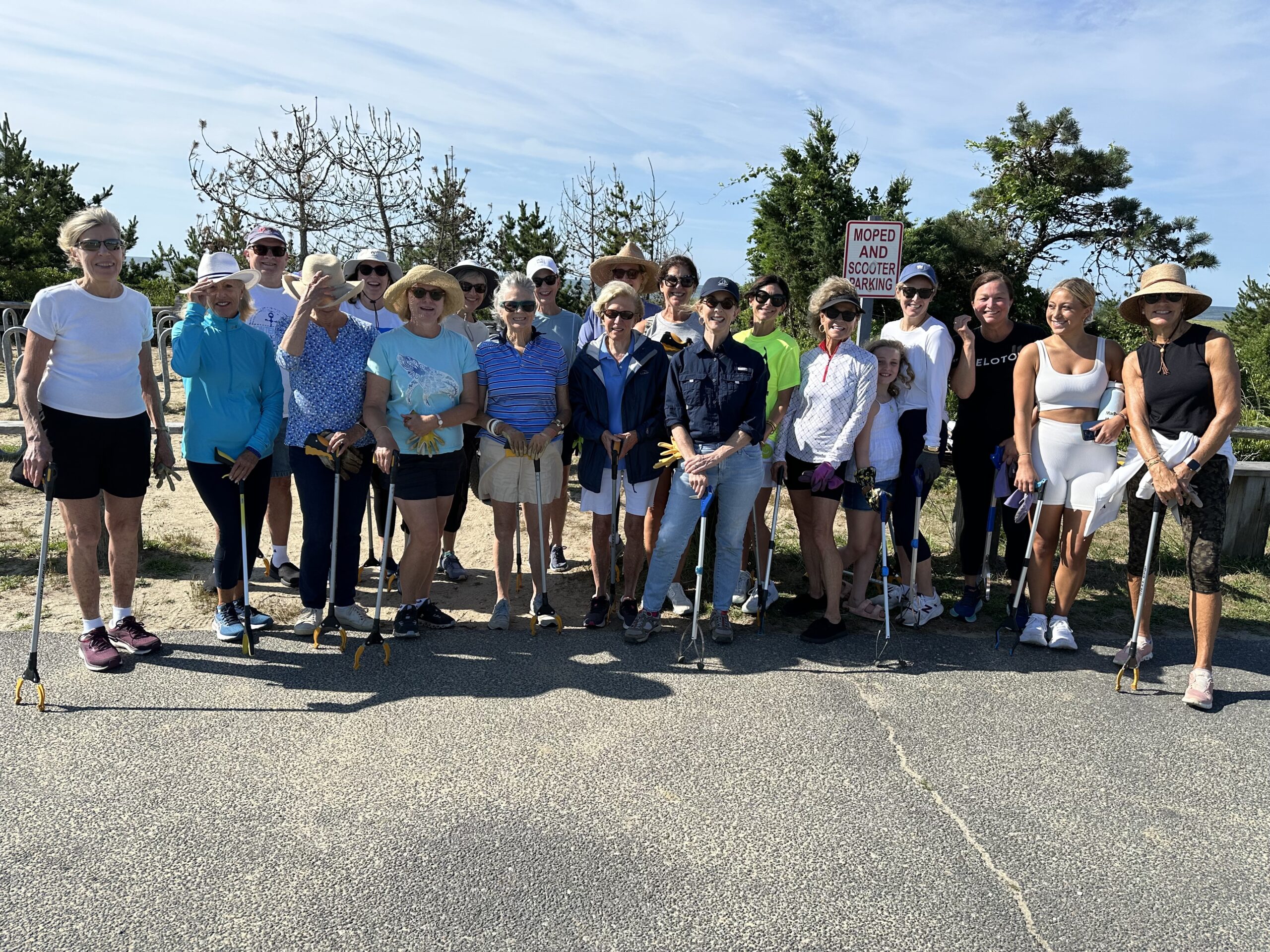
Clean Team
The Nantucket Garden Club is proud to collaborate with the Nantucket Clean Team in a shared mission to preserve the island’s natural beauty. This partnership exemplifies our commitment to environmental stewardship and community engagement. By joining forces with the Clean Team, the Nantucket Garden Club extends its conservation efforts beyond horticulture, actively contributing to the cleanliness and health of our shared environment.
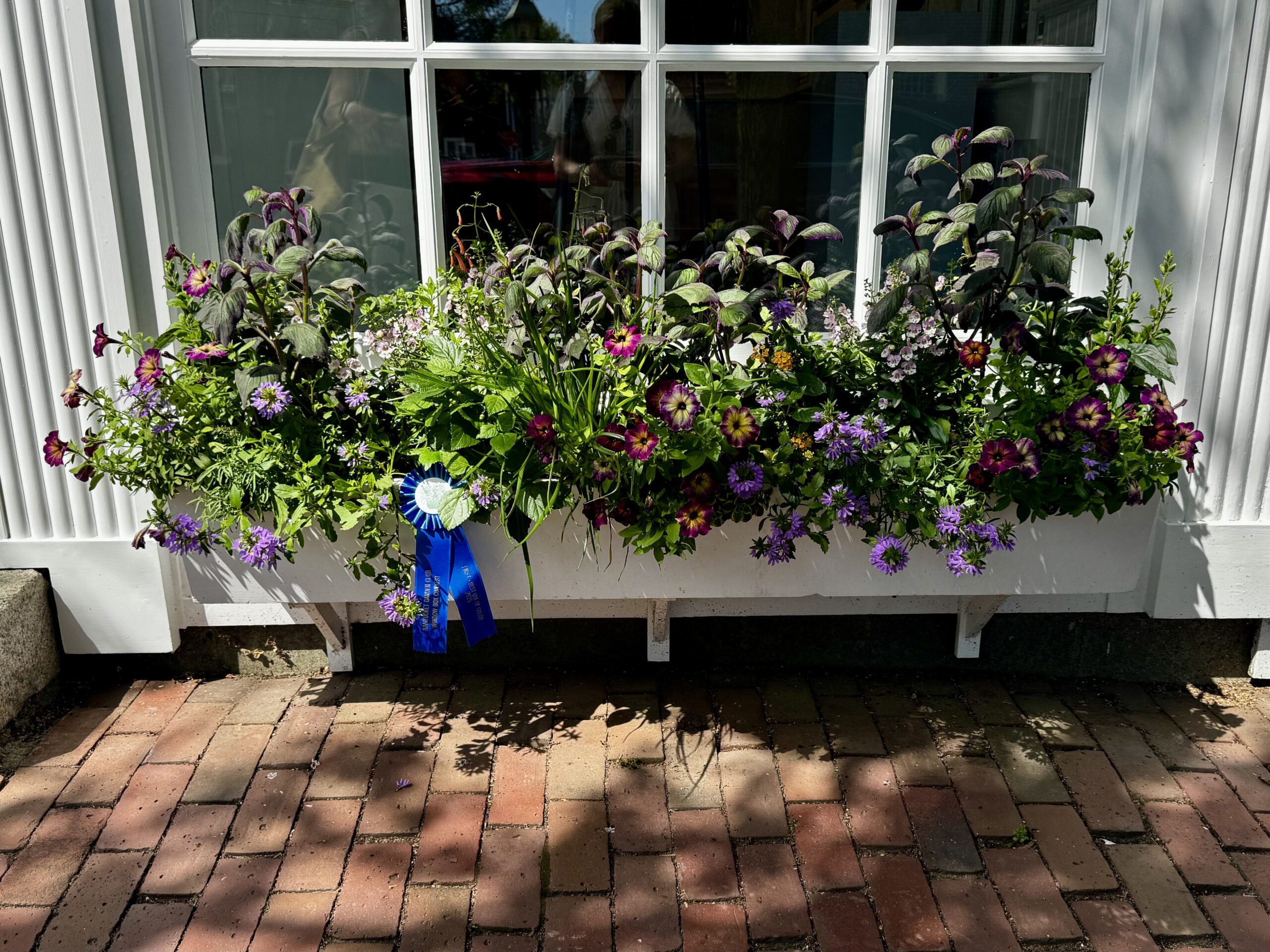
Window Box Contest
The Nantucket Garden Club’s annual Window Box Contest is a cherished summer tradition that celebrates the island’s horticultural charm and community spirit. Held each July, the contest invites downtown businesses to adorn their window boxes with vibrant floral displays, enhancing the beauty of Nantucket’s historic streetscapes.
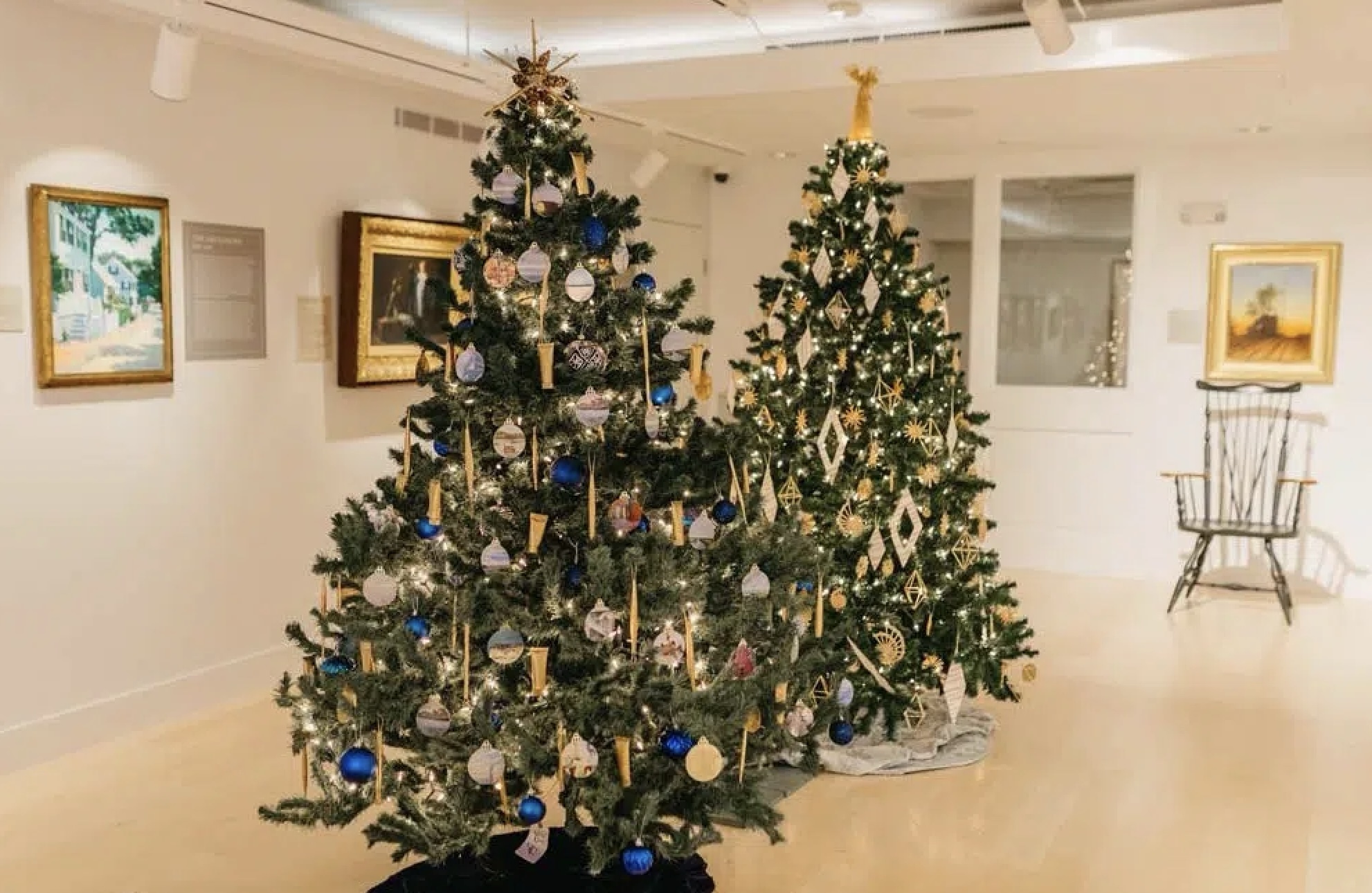
Festival of Trees
The Nantucket Festival of Trees is a holiday tradition presented annually by the Nantucket Historical Association. Throughout December, the Whaling Museum is transformed into a festive showcase of more than 50 uniquely decorated Christmas trees, each crafted by members of the local community—including artists, schools, businesses, and nonprofit organizations. Among the participating groups is the Nantucket Garden Club, which brings its signature creativity and botanical flair to the event. Each year, the Club’s tree is a highlight, reflecting its commitment to beauty, tradition, and the spirit of the season.
Meet the Nantucket Garden Club
We are a group of volunteers committed to caring for Nantucket’s beauty through community stewardship.
Video by Dan Driscoll
